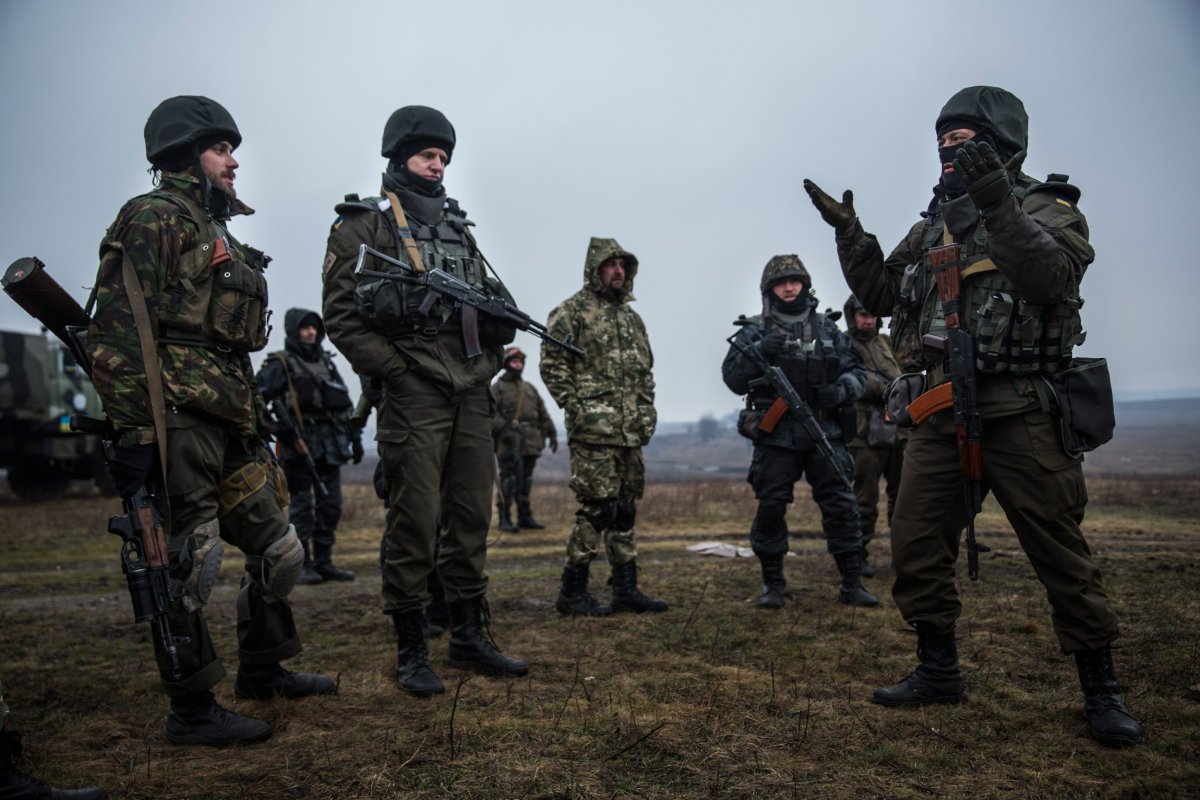With its new plan to send a UN-backed peacebuilding mission to Donbas, the Kremlin is trying to turn Ukraine's own idea against itself through swift changes in the peace process and the future mandate provided by a "win" ahead of Russia's March 2018 presidential elections.
On September 5, Vladimir Putin asked the United Nations Security Council to send a lightly armed peacekeeping mission to Eastern Ukraine to ensure the safety of the Organization for Security and Co-operation in Europe ( OSCE) monitors deployed on the demarcation line between Kiev-controlled Ukraine and the "People's Republics" in the separatist areas of Donbas.
The broad idea has been floating around since May 2015, when Ukrainian President Petro Poroshenko requested an international peacekeeping force. The appeal failed to attract attention until Kiev put it back on the OSCE's agenda in April 2016, announcing its intent to send an armed police mission to Eastern Ukraine.
It was turned down after months of fruitless negotiations and disagreements between Kiev and Moscow over the nature and mandate of the mission.
The Russian proposal has also gathered little traction from international community. Kiev, unsurprisingly, refused the numerous restrictive preconditions attached to the creation of the peacekeeping force, notably the emphasis on the de facto recognition of the separatist entities as well as the geographical scope of the mission.

And whereas Moscow wants to deploy forces only along the line of contact, Kiev argues they should be able to monitor throughout the separatist territories and, most importantly, on the Russian-Ukrainian border.
Moscow's rationale behind its new peacekeeping proposal is twofold. First, the Kremlin wants to thwart the "de-occupation law" now going through the Ukrainian Rada.
According to the bill, Ukrainian lawmakers would formally recognise Donbas as temporarily occupied territories by Russian forces, thus officially "freezing" the conflict, and isolating the "People's Republics" of Donetsk and Luhansk from the rest of Ukraine.
This would transfer responsibility for the separatist territories onto Russia. This Moscow needs to avoid at all costs, preferring a "special status" for Donbas that would legitimise the uncoupling of the territories.
Moscow's second motive for its peacekeeping proposal is, through the Minsk process, to change the dynamics of conflict resolution. Russia is trying to mirror the intention behind the Rada vote: to pass the "poison pill" of the separatist territories back to Ukraine and ensure that Kiev carries the political and the financial cost of reintegrating Donbas.
Several signs support this. Recent discussions in Russia about redirecting "humanitarian aid" provided to separatist Donbas to Crimea and the Kaliningrad oblast, as well as rumours of upcoming leadership changes in the "People's Republics" of Donetsk and Luhansk in preparation for a potential reintegration of the territories with Ukraine.
The war in Ukraine is a war of attrition, both on the frontline and in the diplomatic realm. With the Minsk process stalled (and increasingly criticized ), both Moscow and Kiev remain entrenched behind their diverging interpretations. This ends up creating a mutually-reinforcing impasse that Russia may be looking to break free from.
In seeking to change tactics, however, it is harder to perceive how the Kremlin will save face and turn it into a political victory at home.
UN negotiations and US-Russia back-channels will continue to seek an acceptable peacekeeping mission in Eastern Ukraine for Russia and Ukraine. Washington could conceivably get behind the Russian plan to give it that face-saving way out.
Many issues remain unaddressed. For instance, amnesties for separatist fighters, local elections, post-conflict stabilisation and rehabilitation of Donbas, etc. Time will tell if great power politics overwhelms these "details" - to Ukraine's detriment and Russia's advantage.
Uncommon Knowledge
Newsweek is committed to challenging conventional wisdom and finding connections in the search for common ground.
Newsweek is committed to challenging conventional wisdom and finding connections in the search for common ground.
About the writer
To read how Newsweek uses AI as a newsroom tool, Click here.








